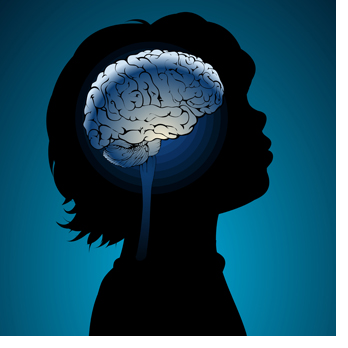Heidegger’s anti-humanism and the Left
Tim Black, a senior writer at spiked, has a good review discussion of “Why they’re really scared of Heidegger.” The “they’re” refers to many contemporary academics, and Black’s review is of Emmanuel Faye’s wave-making Heidegger: The Introduction of Nazism into Philosophy in Light of the Unpublished Seminars of 1933-1935 (Yale, 2009). Some key quotations from […]
Heidegger’s anti-humanism and the Left Read More »
